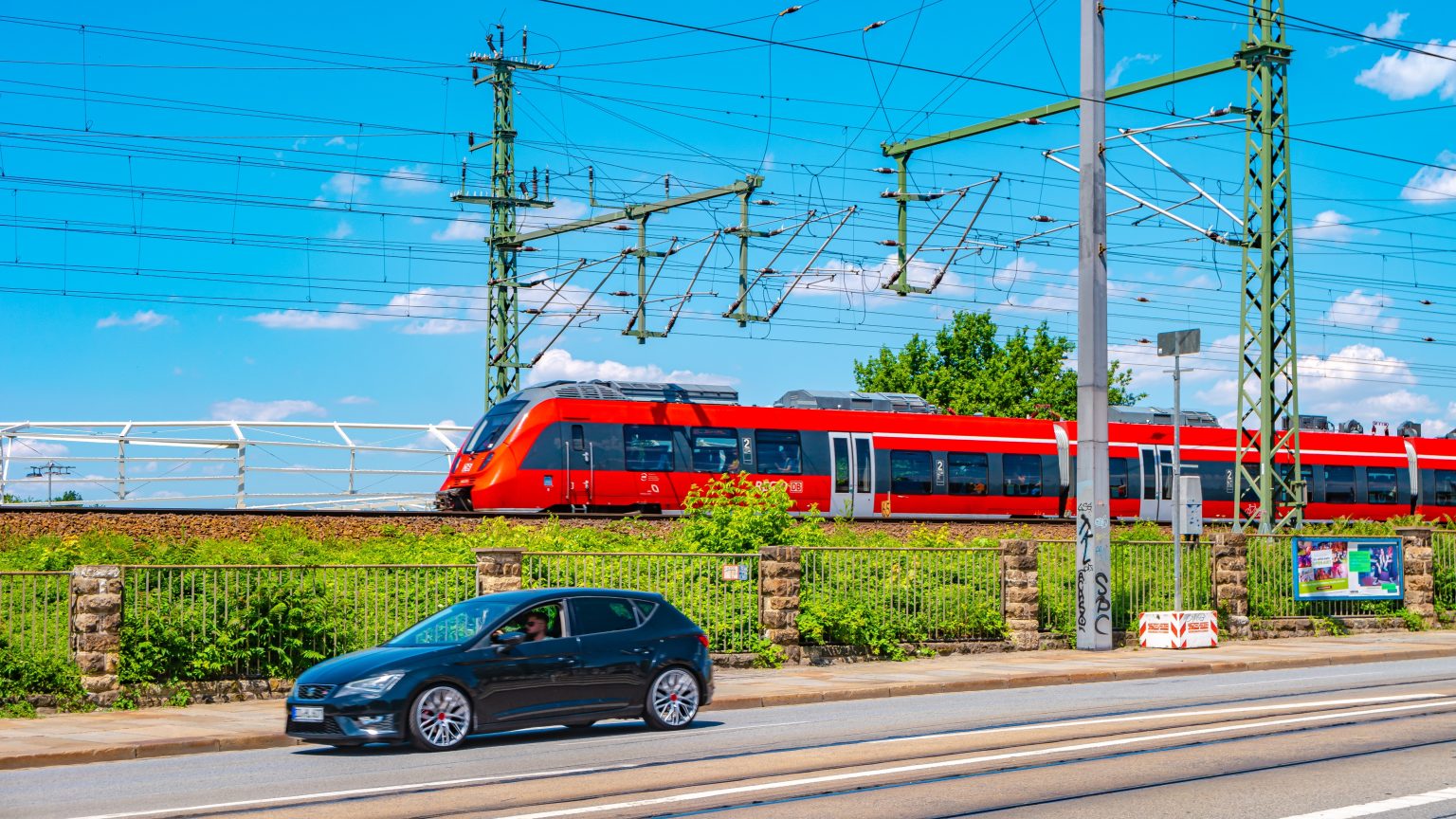The rail industry, in collaboration with the Campaign for Better Transport, is encouraging the British public to make small changes in their travel habits to combat climate change. According to new research, swapping just one return car journey for a train trip can significantly reduce an individual’s carbon footprint.
The study reveals that 67% of people are keen to reduce their environmental impact, yet many remain sceptical about the effectiveness of their efforts. About 22% of respondents believe that their actions won’t make a difference, 17% think it would be too challenging, and 16% feel there is insufficient information on how to go about it.
The research highlights how even small changes can have a notable effect. For instance, switching just one return car journey for an average train journey saves the equivalent amount of CO2 as recycling for four weeks or washing 55 loads of laundry at 30 degrees instead of 40. On a national scale, if all 42.3 million licensed drivers in Britain made this switch just once a year, the country could save the same amount of CO2 as switching off half the UK’s street lighting for a year, insulating 265,000 homes, or recycling enough waste to fill 450 Olympic-sized swimming pools.
Many people are already adopting greener habits to lower their carbon footprint. Popular actions include recycling (83%), reducing food waste (71%), using energy-saving light bulbs (69%), and washing clothes at lower temperatures (58%). Combining these efforts with swapping one car journey per month for a train journey could lead to a 15% reduction in an individual’s carbon footprint.
Beyond the environmental benefits, making sustainable choices is also linked to increased well-being. The study found that 24% of people reported feeling happier after adopting eco-friendly behaviours, 20% felt healthier, and 19% said they were more optimistic about the future. Nevertheless, 68% of respondents expressed fears for the future of the planet, and 75% believe more should be done to address climate change.
Jacqueline Starr, CEO of Rail Delivery Group, emphasised the vital role rail travel can play in reducing emissions. “Rail travel is one of the greenest forms of public transport and plays a critical role in helping tackle climate change. Many of us are increasingly concerned about our personal impact on the environment, which is why we’re encouraging motorists to swap their car keys for a train ticket just once a year. It’s a small switch that can make a big difference in helping people reduce their carbon footprint.”
Silviya Barrett, Director of Policy and Campaigns at Campaign for Better Transport, echoed this sentiment, encouraging motorists to make the shift. “Switching from a car journey to a train journey is an easy but impactful way to cut down on carbon emissions. Choosing to travel by train not only reduces traffic congestion and air pollution but also connects you to the places you love.”
This call to action coincides with World Car Free Day, a global initiative promoting sustainable transport. Both organisations are hopeful that more people will consider train travel as a simple but effective step in combating climate change.
For more information on how to make the switch, visit nationalrail.co.uk/smallswitch.




